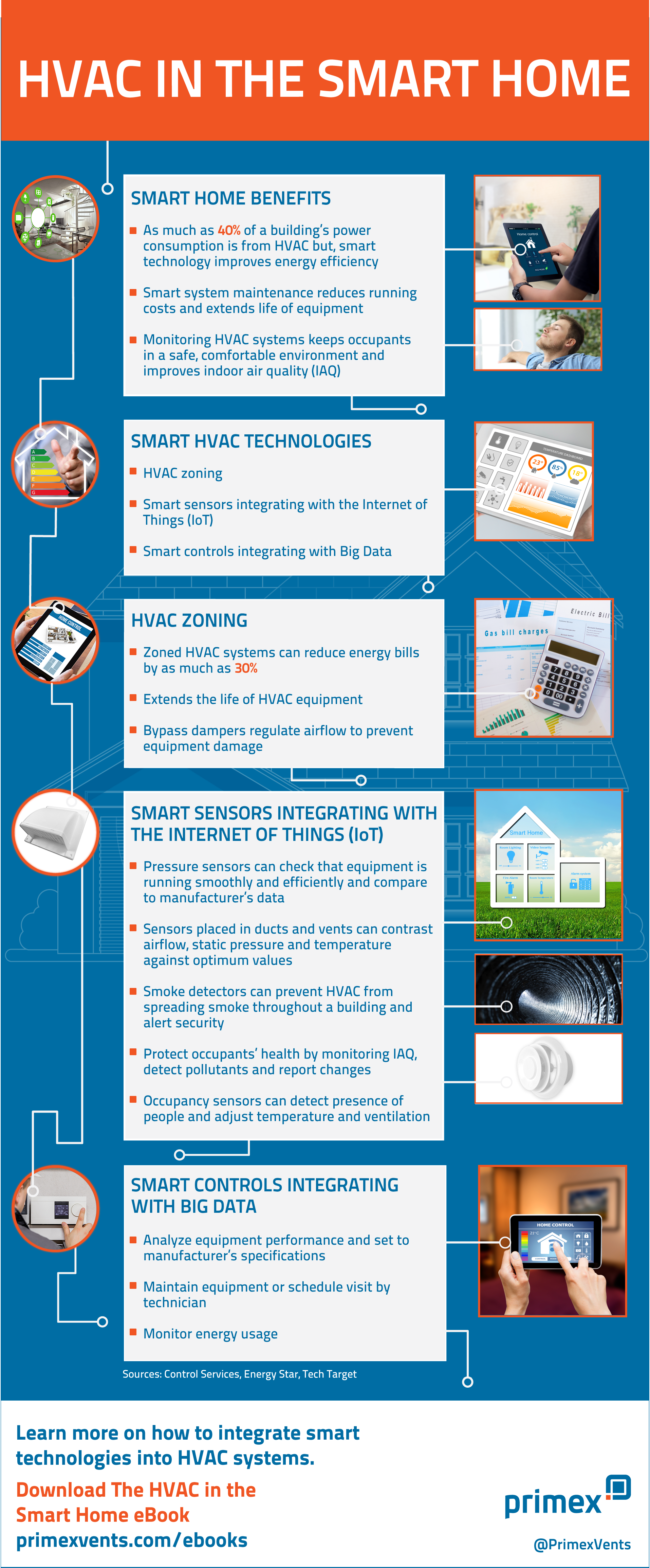The Future Of Home Heating - Exactly How Heat Pump Technology Is Developing
The Future Of Home Heating - Exactly How Heat Pump Technology Is Developing
Blog Article
Material By-Svensson Stack
Heat pumps will be a critical technology for decarbonising heating. In a situation consistent with federal governments' introduced power and environment commitments, their worldwide capability doubles by 2030, while their share in heating rises to one-quarter.
They work best in well-insulated homes and depend on electrical power, which can be provided from a renewable power grid. mitsubishi heat pumps prices nz are making them a lot more efficient, smarter and more affordable.
Gas Cells
Heatpump utilize a compressor, cooling agent, coils and fans to relocate the air and warm in homes and appliances. They can be powered by solar energy or electrical power from the grid. They have been getting popularity because of their affordable, quiet procedure and the capability to create electricity during peak power demand.
Some companies, like IdaTech and BG MicroGen, are dealing with fuel cells for home heating. These microgenerators can change a gas central heating boiler and create some of a home's electric demands with a connection to the electrical power grid for the remainder.
However there are factors to be skeptical of using hydrogen for home heating, Rosenow states. It would certainly be expensive and ineffective contrasted to various other modern technologies, and it would add to carbon emissions.
Smart and Connected Technologies
Smart home modern technology allows property owners to connect and manage their gadgets remotely with making use of smartphone applications. For example, clever thermostats can learn your heating choices and instantly get used to enhance energy usage. heat pump technician can be managed with voice commands and automatically shut off lights when you leave the space, minimizing power waste. And clever plugs can monitor and handle your electric use, permitting you to recognize and restrict energy-hungry home appliances.
The tech-savvy family depicted in Carina's meeting is a good illustration of how owners reconfigure room heating methods in the light of new smart home technologies. They rely on the tools' automated features to carry out daily changes and concern them as a hassle-free ways of conducting their heating techniques. Thus, they see no factor to adjust their practices even more in order to enable adaptability in their home energy demand, and interventions focusing on doing so might encounter resistance from these homes.
Electricity
Considering that heating homes make up 13% of US exhausts, a switch to cleaner choices can make a huge difference. However the modern technology faces obstacles: It's costly and calls for considerable home restorations. And it's not always compatible with renewable resource sources, such as solar and wind.
Until lately, electrical heatpump were also expensive to take on gas models in most markets. But brand-new technologies in layout and products are making them a lot more budget friendly. And better cool environment efficiency is enabling them to work well even in subzero temperature levels.
The next step in decarbonising heating may be the use of warmth networks, which draw warmth from a main source, such as a neighboring river or sea inlet, and disperse it to a network of homes or buildings. That would certainly minimize carbon discharges and permit families to capitalize on renewable resource, such as eco-friendly electrical energy from a grid supplied by renewables. This alternative would be less expensive than switching to hydrogen, a fossil fuel that requires new infrastructure and would just decrease CO2 discharges by 5 percent if coupled with improved home insulation.
Renewable resource
As electrical energy rates drop, we're starting to see the very same pattern in home heating that has actually driven electric vehicles right into the mainstream-- yet at an also much faster rate. The solid environment case for electrifying homes has actually been pushed additionally by brand-new study.
Renewables account for a significant share of modern warm consumption, but have actually been given minimal plan attention worldwide compared to various other end-use industries-- and also less attention than electrical power has. Partly, heat pump deep cleaning mirrors a mix of consumer inertia, divided rewards and, in many countries, aids for nonrenewable fuel sources.
New modern technologies could make the shift easier. For example, heatpump can be made much more energy reliable by replacing old R-22 cooling agents with new ones that do not have the high GWPs of their precursors. Some experts likewise picture district systems that draw heat from a nearby river or sea inlet, like a Norwegian fjord. The warm water can then be utilized for heating & cooling in an area.